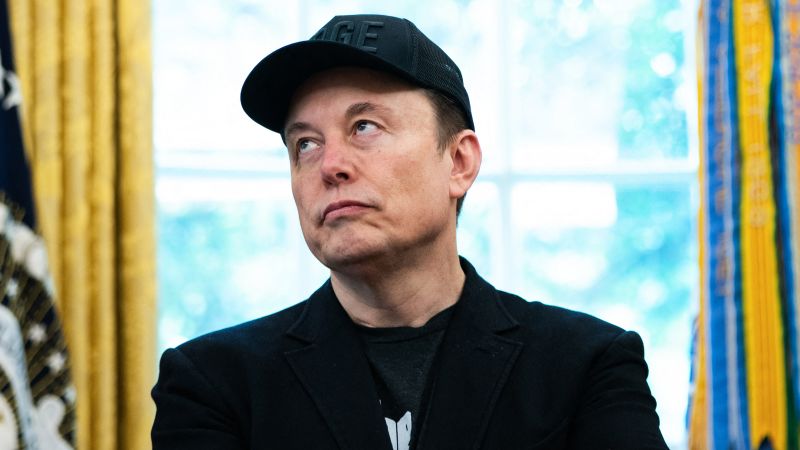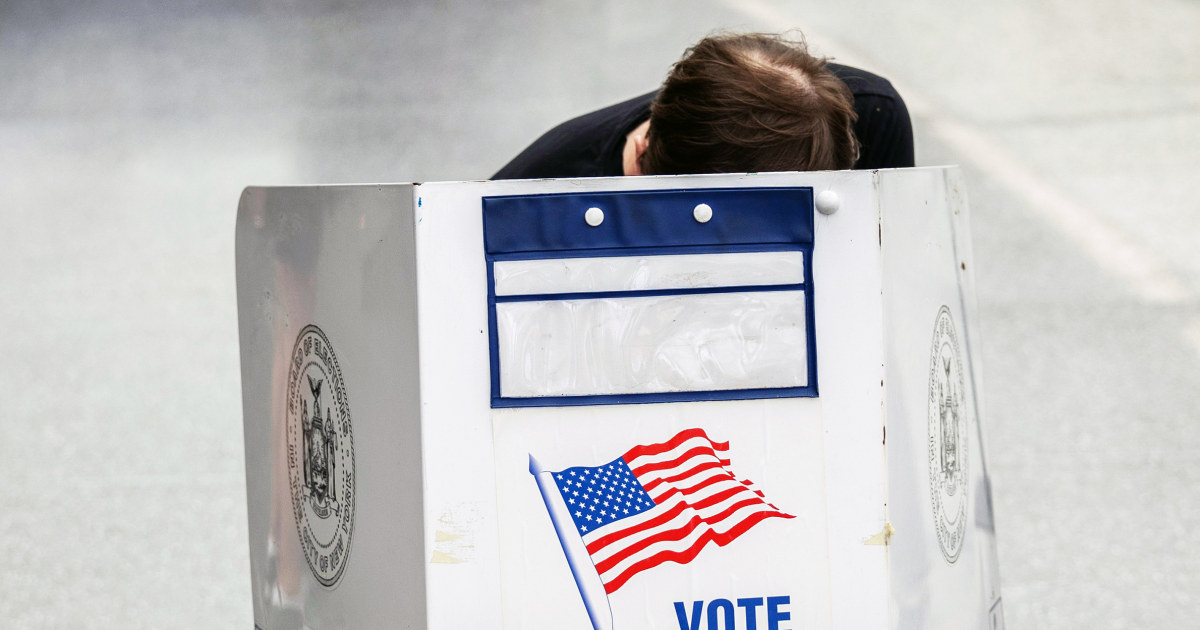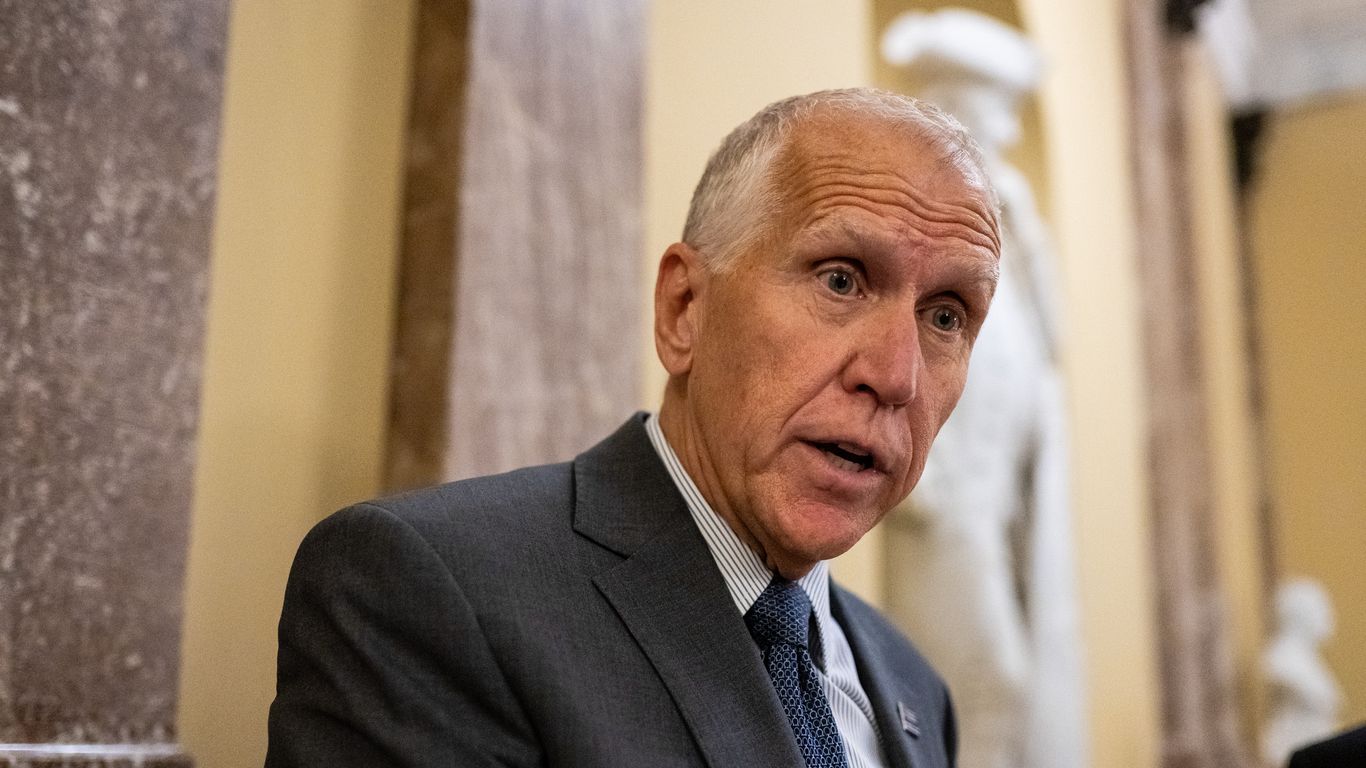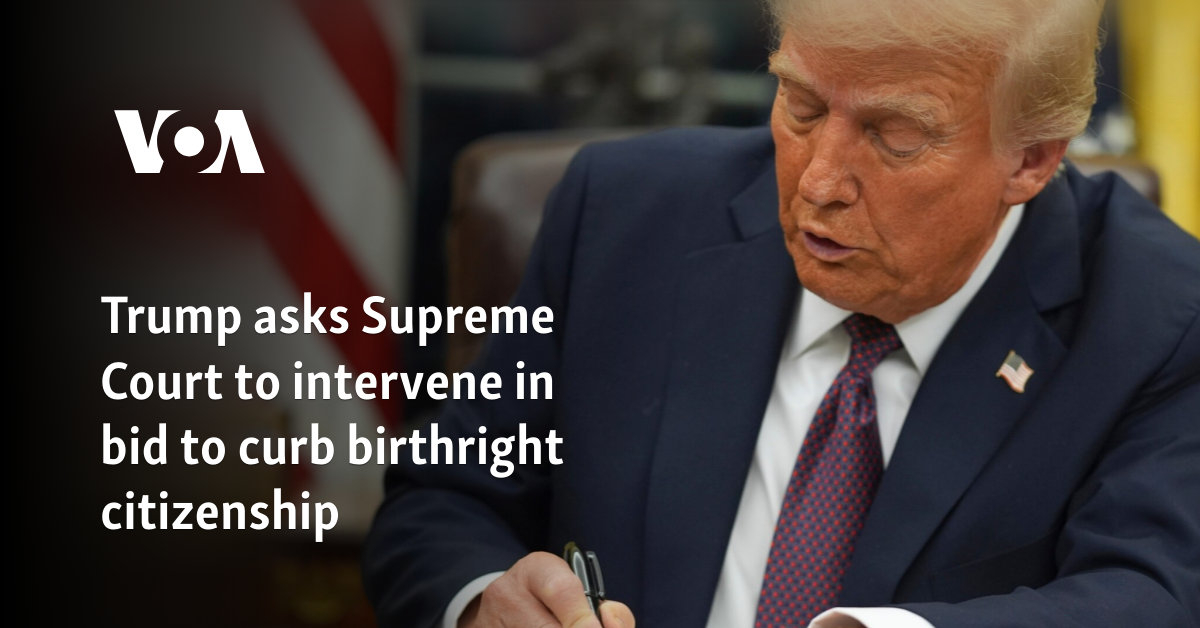The Supreme Court's Decision on Universal Injunctions and Birthright Citizenship
#supreme_court #universal_injunctions #birthright_citizenship
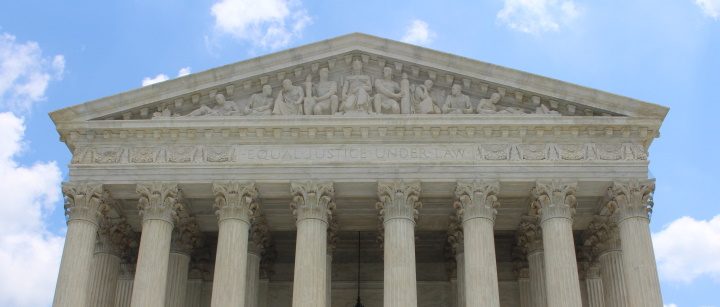
How the Supreme Court’s Ruling on ‘Universal Injunctions’ May Affect Birthright Citizenship
In a June 27 ruling, the Supreme Court granted the Trump administration’s request to partially halt nationwide injunctions blocking President Donald Trump’s executive order ending birthright citizenship for certain people born in the U.S. This decision has significant implications for the ongoing debate on birthright citizenship and the power of federal judges to issue nationwide injunctions.
Background
The use of nationwide injunctions by federal judges has become increasingly common in recent years. These injunctions, also known as ‘universal injunctions’, block government policies from being enforced nationwide during legal challenges. This means that even if the policy is ultimately deemed constitutional, it cannot be implemented in any part of the country until the legal challenges are resolved. This has been a powerful tool for opponents of government policies, as it allows them to effectively block the policy from being implemented while the legal battle continues.
Current Scenario
The Supreme Court’s ruling in the case of Trump v. Sierra Club has limited the use of nationwide injunctions, ruling that they should only be granted in exceptional circumstances. This decision has been seen as a victory for the Trump administration and its efforts to limit the use of nationwide injunctions. However, this ruling may have a different impact on the ongoing debate over birthright citizenship.
The issue of birthright citizenship has been a contentious one, with some arguing that it is a fundamental right enshrined in the Constitution and others arguing that it has been misinterpreted and needs to be reformed. The Trump administration’s executive order aimed to limit birthright citizenship for certain individuals born in the U.S. to non-citizens or non-permanent residents. However, the partial halt of the nationwide injunction means that the policy can only be implemented in certain parts of the country where the legal challenges have been filed. This could potentially lead to a patchwork of birthright citizenship policies across the country, creating confusion and discrepancies in how the policy is implemented.
Conclusion
The Supreme Court’s decision on universal injunctions has far-reaching implications beyond just the case of Trump v. Sierra Club. It has raised important questions about the power of federal judges to issue nationwide injunctions and how they should be used. With the ongoing debate on birthright citizenship, this decision has added a new dimension to the discussion and could potentially lead to further legal battles in the future. Only time will tell how the use of nationwide injunctions will continue to shape the political and legal landscape in the U.S.
About the People Mentioned
Donald Trump
Donald John Trump, born June 14, 1946, in Queens, New York, is an American businessman, media personality, and politician. He graduated from the University of Pennsylvania’s Wharton School in 1968 with a degree in economics. In 1971, he took over his family’s real estate business, renaming it the Trump Organization, through which he expanded into building and managing skyscrapers, hotels, casinos, and golf courses. Trump gained widespread fame as the host of the reality TV show *The Apprentice* from 2004 to 2015, which helped establish his public persona as a successful entrepreneur. Trump entered politics as a Republican and was elected the 45th president of the United States, serving from 2017 to 2021. His presidency was marked by significant policy actions including tax cuts, deregulation, the appointment of three Supreme Court justices, renegotiation of trade agreements (notably replacing NAFTA with the USMCA), and a focus on immigration control including border wall expansion. He withdrew the U.S. from international agreements such as the Paris Climate Accord and the Iran nuclear deal, and engaged in a trade war with China. His administration’s response to the COVID-19 pandemic was criticized for downplaying the virus’s severity. Trump was impeached twice by the House of Representatives—first in 2019 for abuse of power and obstruction, and again in 2021 for incitement of insurrection—but was acquitted by the Senate both times. After losing the 2020 election to Joe Biden, Trump challenged the results, culminating in the January 6, 2021, Capitol riot. He remains a central figure in American politics, having won the 2024 presidential election and returned as the 47th president in 2025, continuing to promote policies aimed at economic growth, border security, and military strength[1][2][3][4].
About the Organizations Mentioned
Supreme Court
The **Supreme Court of the United States**, commonly referred to as SCOTUS, is the highest court in the U.S. federal judiciary. Established by Article III of the U.S. Constitution, it plays a pivotal role in interpreting the Constitution and federal laws, ensuring their alignment with the founding document. ## Organization and History Founded in 1789, the Supreme Court initially consisted of a Chief Justice and five Associate Justices. Over time, the number of justices has fluctuated, settling at nine in 1869[4]. The Court's primary function is to adjudicate cases involving federal law and the Constitution, with the power to review and overturn decisions from lower courts[1][6]. It also has original jurisdiction in cases involving ambassadors, consuls, and disputes between states[1]. ## Key Achievements One of the Supreme Court's most significant achievements is the establishment of judicial review through the landmark case **Marbury v. Madison** in 1803. This decision allowed the Court to invalidate laws deemed unconstitutional, setting a precedent for its role in checking the legislative and executive branches[1][2]. ## Current Status Today, the Supreme Court continues to play a crucial role in shaping U.S. law and policy. It meets annually from October to June or July, reviewing thousands of petitions and deciding around 80 cases each year[1][2]. The Court's decisions often have profound impacts on business and technology, influencing regulatory environments and legal frameworks. ## Notable Aspects - **Independence**: Justices are appointed for life, ensuring the Court's independence from political pressures. - **Influence on Business and Technology**: Supreme Court rulings can significantly impact business practices and technological innovation by clarifying legal standards and regulatory frameworks. - **Symbolism**: The Court is symbolically important, with its motto "Equal Justice Under Law" reflecting its commitment to fairness and impartiality[3].

